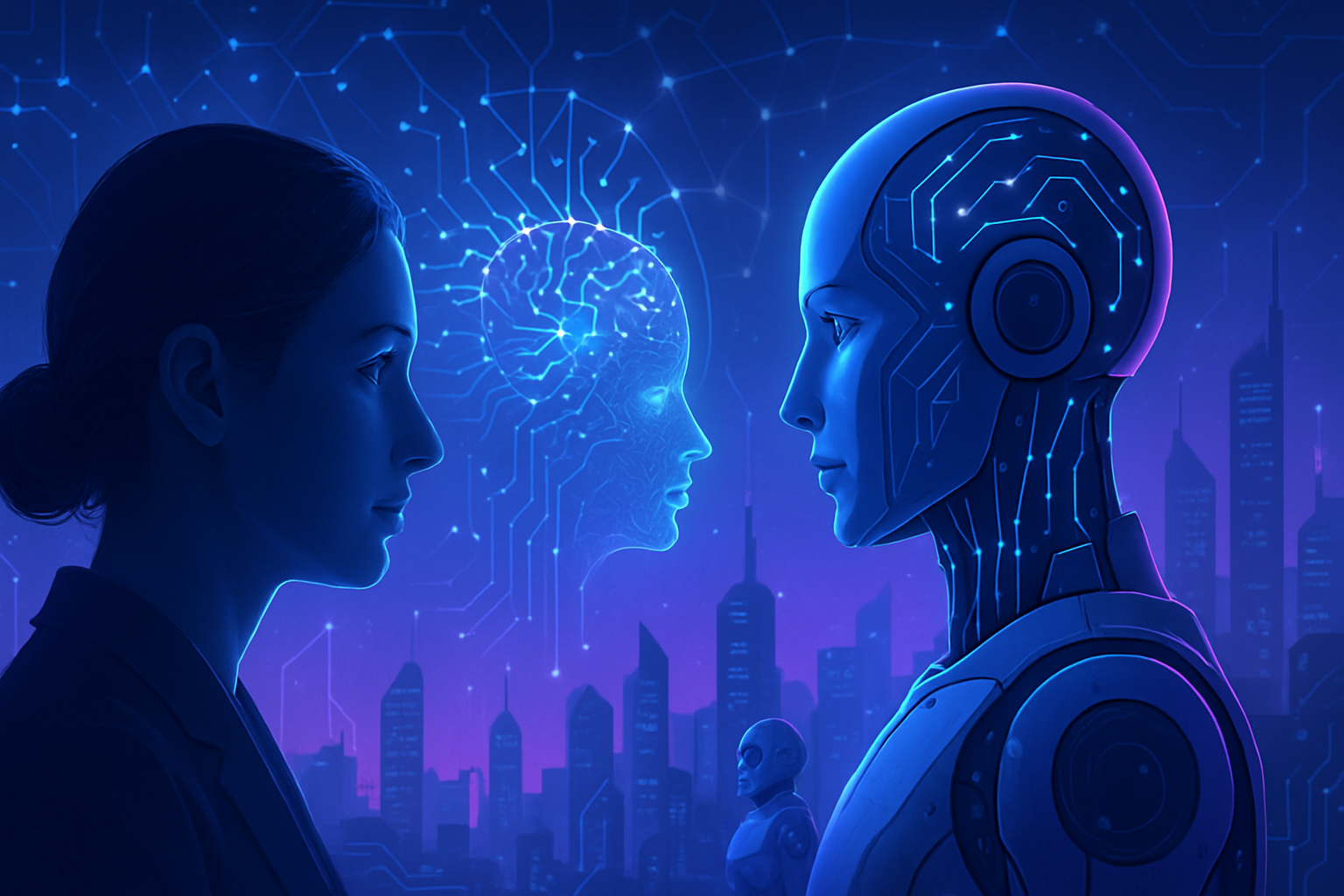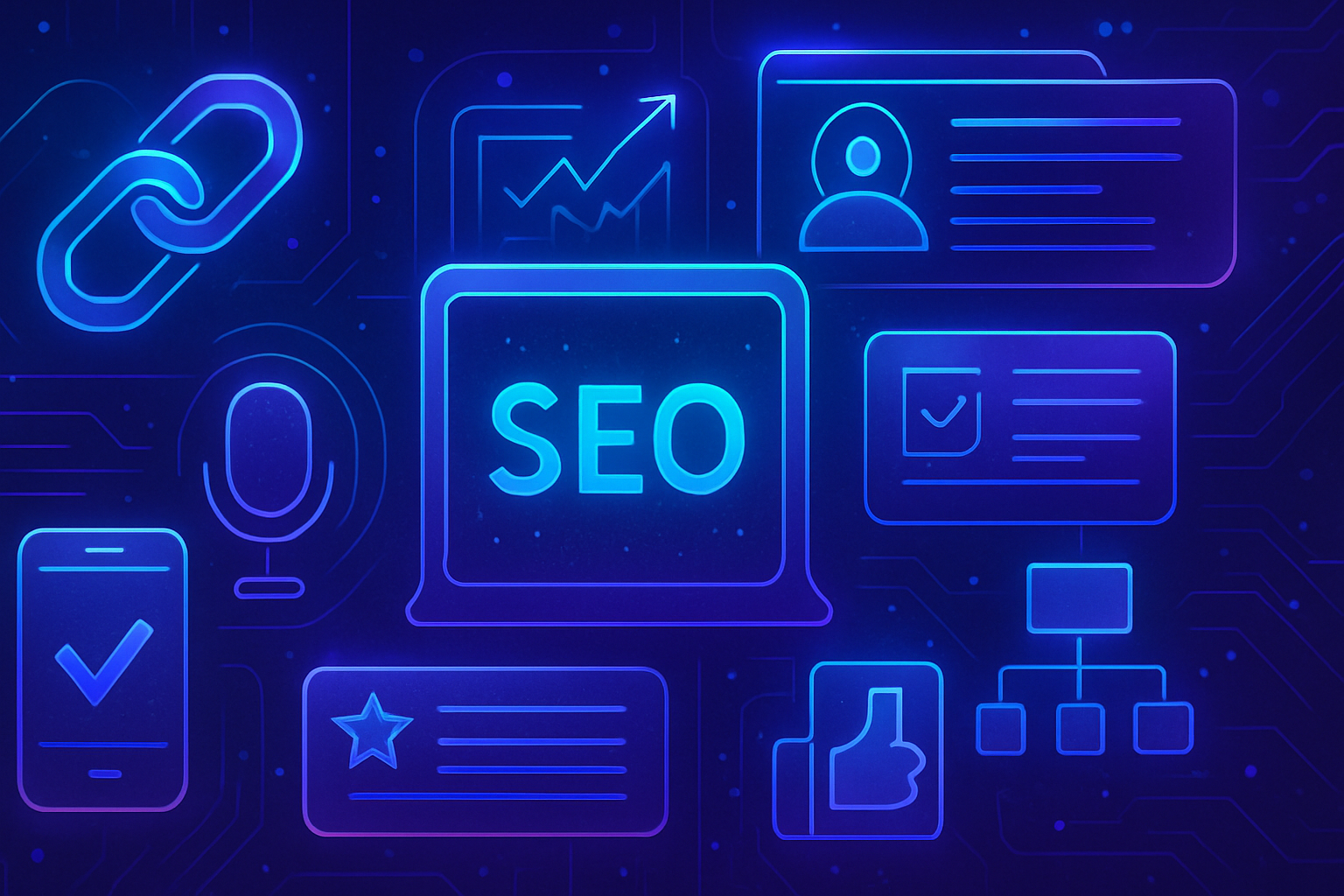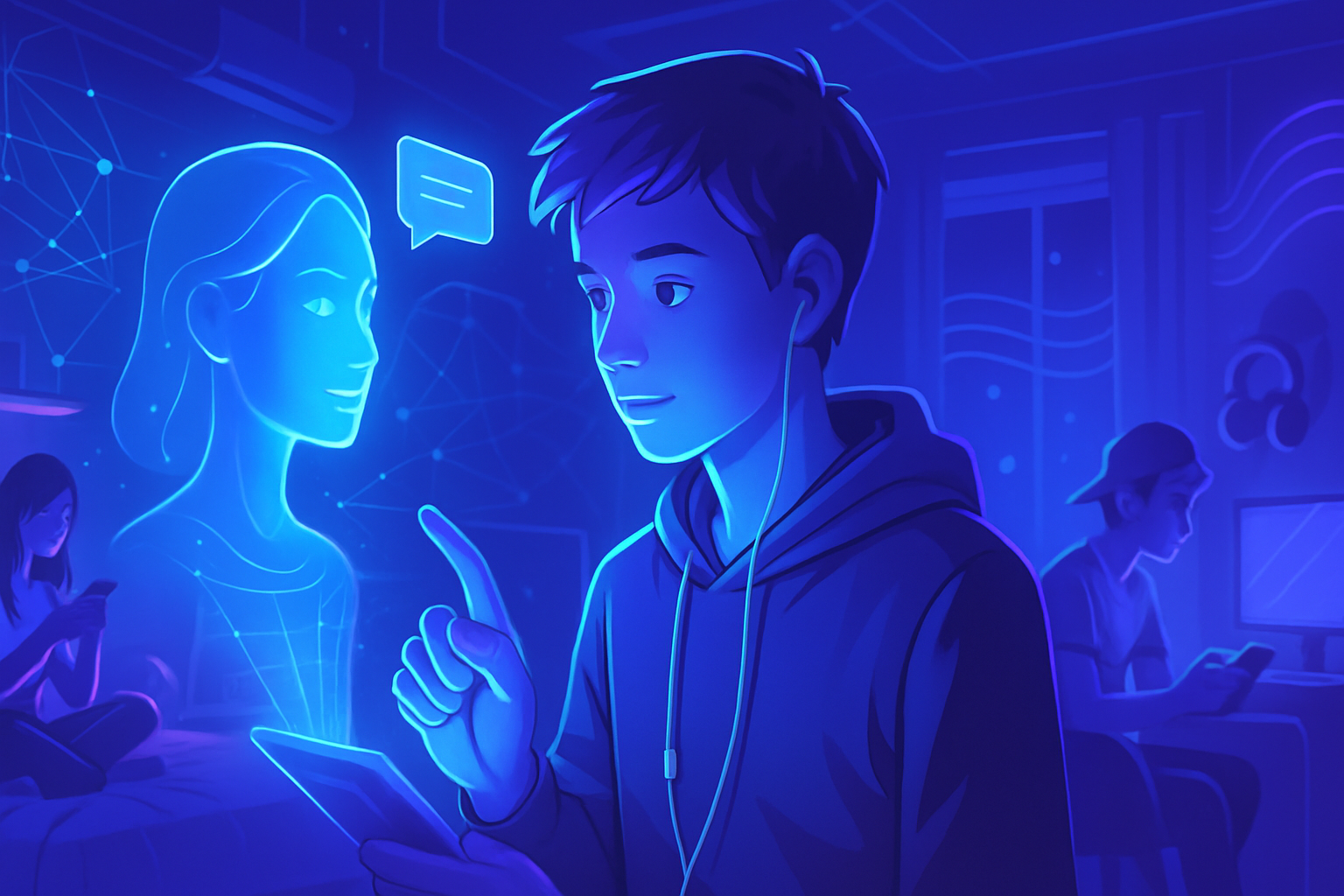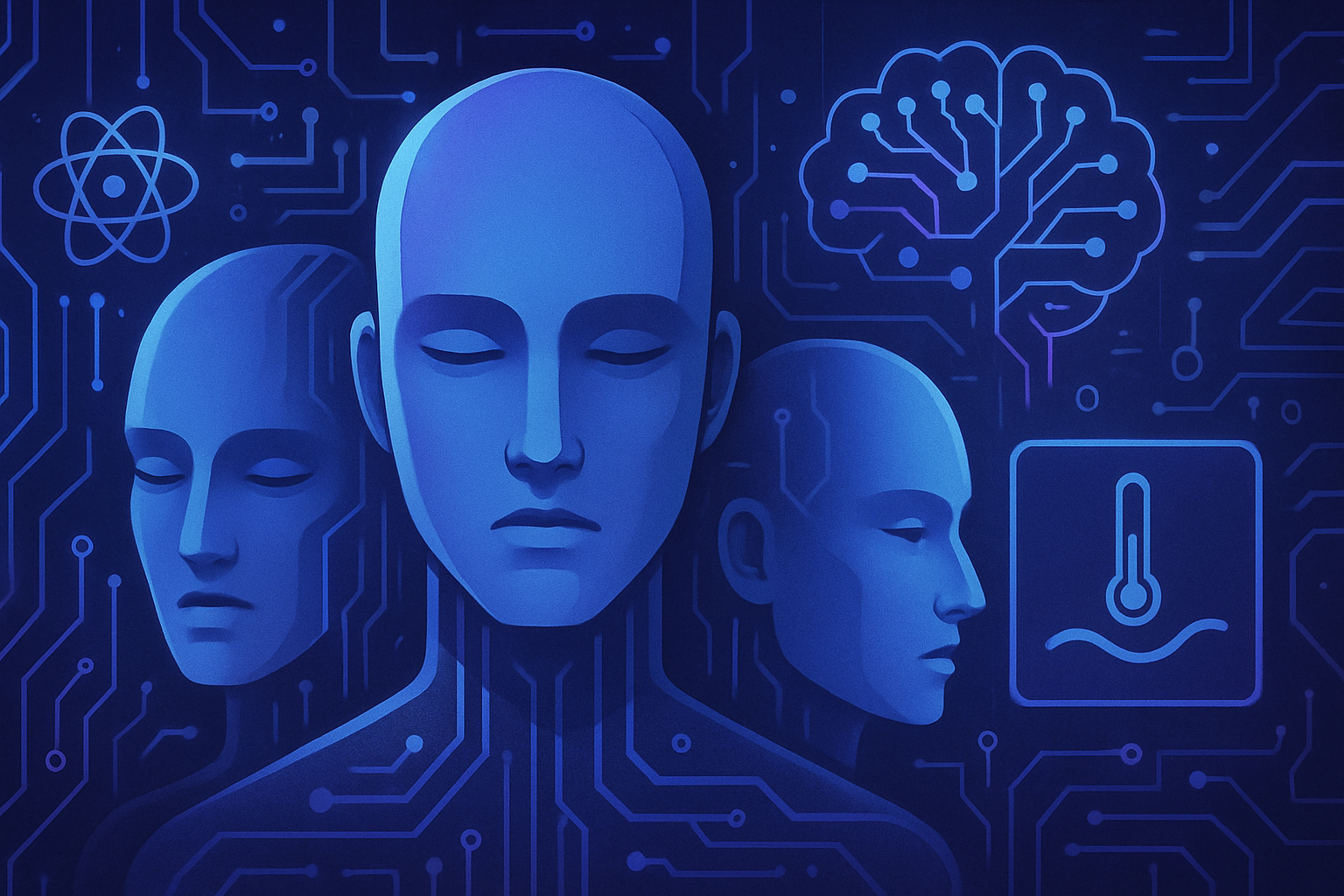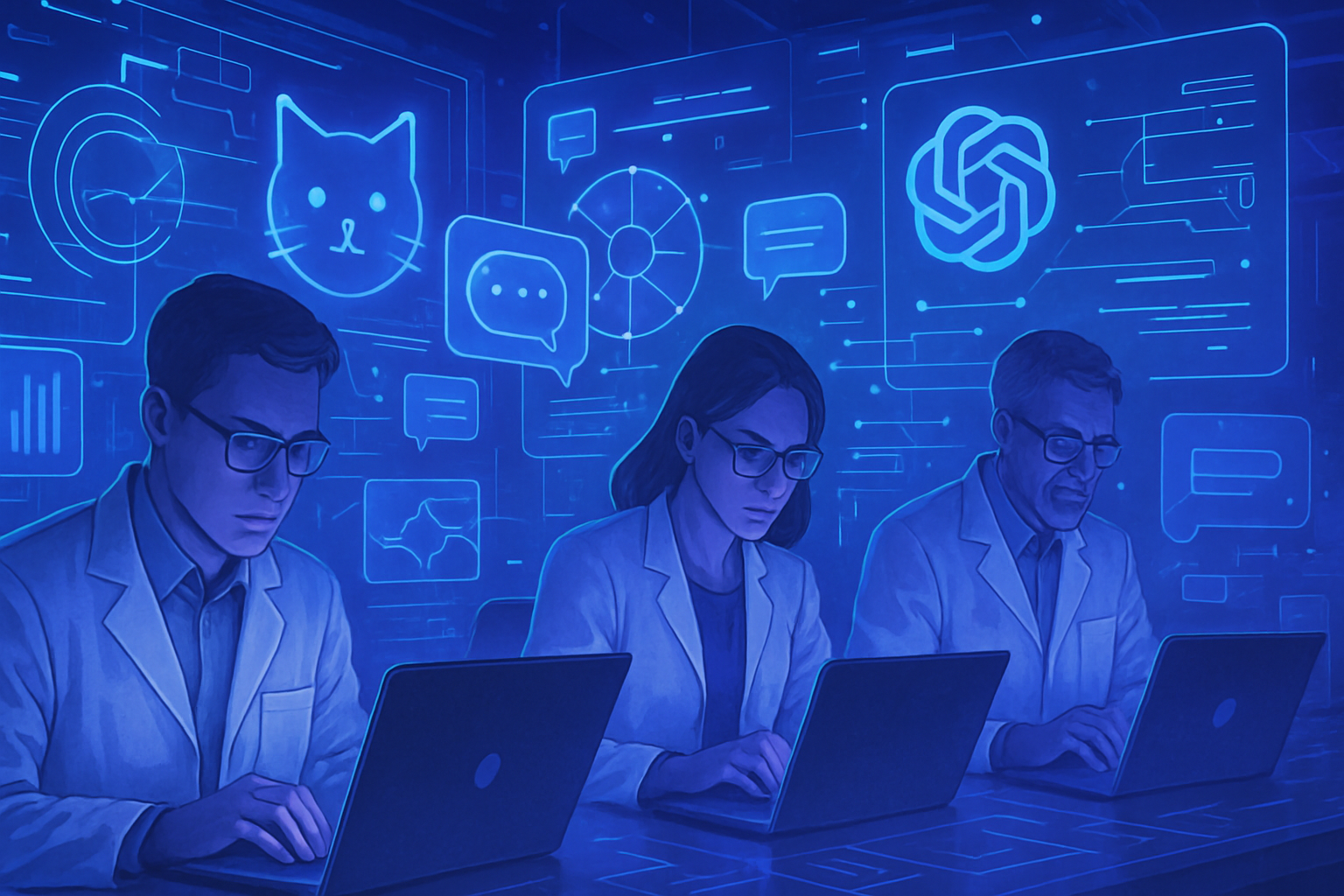The emergence of humanoid artificial intelligence raises unprecedented moral questions, transcending mere technical considerations. The cognitive abilities of these entities provoke inquiry into their accountability regarding ethical violations. The growing perception of consciousness in these machines leads to a redefinition of the concepts of responsibility. This challenge demands deep reflection on the ethical and legal implications surrounding this technology.
A shared responsibility between AI and designers emerges. Societies may be tempted to blame AI for immoral actions. An exploration of these issues could shed light on the dangerous shift towards inappropriate accountability.
Moral Responsibility of Artificial Intelligences
Recent research indicates that individuals are likely to assign greater guilt to artificial intelligences (AIs) perceived as having human-like characteristics. This trend raises significant ethical questions about the responsibility of machines in the face of moral violations. The study conducted by Minjoo Joo from Sookmyung Women’s University in South Korea, published in the journal PLOS ONE, provides important insights into this phenomenon.
Experiments on AI Perception
Through various experiments, participants evaluated situations where AIs were involved in moral transgressions, such as instances of racial discrimination in photo classification. The results showed a clear trend towards assigning more blame to AIs perceived as having thoughts and emotions similar to those of humans.
Participants assigned heavier blame to AIs endowed with human-like characteristics, such as a name, an age, or hobbies. These modifications in the presentation of AIs significantly influenced the perception of responsibilities, reducing the blame assigned to the developers and corporations involved.
Ethical Consequences of Blame Attribution
The implications of these results raise major concerns. AIs risk being used as scapegoats, diverting attention from the true culprits, such as programmers and companies. Thus, the moral consequences of this blame attribution deserve thorough examination.
Joo questions the potential dangers of considering AIs as responsible, noting that this perception could diminish human accountability. Ethical issues become concerning when AIs unintentionally cause errors, highlighting a shared responsibility that could be overlooked.
Legal Personality Questions for AIs
The question of whether an AI can be held legally accountable arises recurrently. Could the attribution of moral responsibility to a machine pave the way for the recognition of legal personality? Debates over this possibility feed into concerns surrounding ethics and legislation regarding artificial intelligence.
The idea of granting rights or legal responsibility to AIs raises questions among many philosophers and legal scholars. What would be the consequences of such recognition? Discussions about the potential rights of AIs must include reflections on the current legal framework, which primarily focuses on human beings.
Call for Research on AI Morality
Joo concludes by advocating for more research on the attribution of blame to artificial intelligences. Understanding moral responsibility must evolve to keep pace with technological advancements in AIs. Only thorough research will enable us to address emerging moral and ethical issues.
This evolution will join discussions on the implications of artificial intelligence, particularly in the fields of healthcare, security, and daily life. Digital ethics will require a solid framework capable of integrating the human-like characteristics attributed to machines. Considerations such as the use of AIs in medical settings raise fundamental questions about responsibility in critical situations.
The challenges posed are manifold, and the moral responsibility of AIs represents a central issue for decision-makers. Individuals must remain vigilant in the face of these technological and ethical evolutions. The questions raised by Joo are only the beginning of a debate that will continue to develop as artificial intelligences gain autonomy and presence in our daily lives.
Frequently Asked Questions About the Moral Responsibility of Humanoid Artificial Intelligences
What are the moral implications of using humanoid artificial intelligences?
Humanoid artificial intelligences raise complex questions about moral responsibility, particularly in cases of ethical violations, such as discrimination or harmful decisions. They may be perceived as autonomous agents capable of making moral decisions, which raises questions about their accountability as machines.
How does the perception of an artificial intelligence as human influence the responsibility ascribed to it?
Research shows that users who perceive an AI as having a humanoid mind tend to assign more blame for wrongful acts, simultaneously diminishing the responsibility of the designers or companies behind this AI.
Should artificial intelligences have legal personality to be held accountable?
Currently, artificial intelligences do not possess legal personality and therefore cannot be held legally accountable. However, there are debates regarding the necessity of such recognition to address questions of ethical and legal responsibility.
What types of incidents may raise questions of moral responsibility for AIs?
Incidents such as automated discrimination, medical errors generated by AI systems, or accidents involving autonomous vehicles represent cases where the moral responsibility of AIs is called into question.
Can AI programmers be held responsible for the actions of their creations?
In many cases, programmers may be held accountable if flaws in coding or intentional biases are proven. However, this raises questions about the degree of responsibility of a designer versus the autonomous entity of the AI.
What is the role of regulations in the accountability of artificial intelligences?
Regulations are essential to clarify the moral responsibility of artificial intelligences, particularly by defining standards for their development and use, thus protecting users and preventing ethical abuses.
Can we prevent artificial intelligences from being used as scapegoats?
To prevent AIs from being used as scapegoats, it is vital to educate the public about their functioning, establish strict regulations regarding their use, and ensure that responsibility is properly attributed to the humans behind AI systems.
What impact does this have on the design of artificial intelligences?
Ethical and moral concerns increasingly influence the design of artificial intelligences, urging them to incorporate transparency and ethical mechanisms to minimize the risks of moral violations and enhance user trust.


